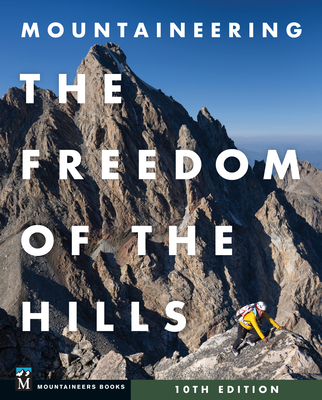
David Roberts, "veteran mountain climber and chronicler of adventures" (Washington Post), has spent his career documenting voyages to the most extreme landscapes on earth. In Limits of the Known, he reflects on humanity's--and his own--relationship to extreme risk. Part memoir and part history, this book tries to make sense of why so many have committed their lives to the desperate pursuit of adventure.
In the wake of his diagnosis with throat cancer, Roberts seeks answers with sharp new urgency. He explores his own lifelong commitment to adventuring, as well as the cultural contributions of explorers throughout history: What specific forms of courage and commitment did it take for Fridtjof Nansen to survive an eighteen-month journey from a record "farthest north" with no supplies and a single rifle during his polar expedition of 1893-96? What compelled Eric Shipton to return, five times, to the ridges of Mt. Everest, plotting the mountain's most treacherous territory years before Hillary and Tenzing's famous ascent? What drove Bill Stone to dive 3,000 feet underground into North America's deepest cave?
What motivates the explorers we most admire, who are willing to embark on perilous journeys and push the limits of the human body? And what is the future of adventure in a world we have mapped and trodden from end to end?







